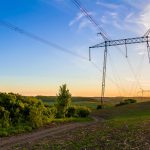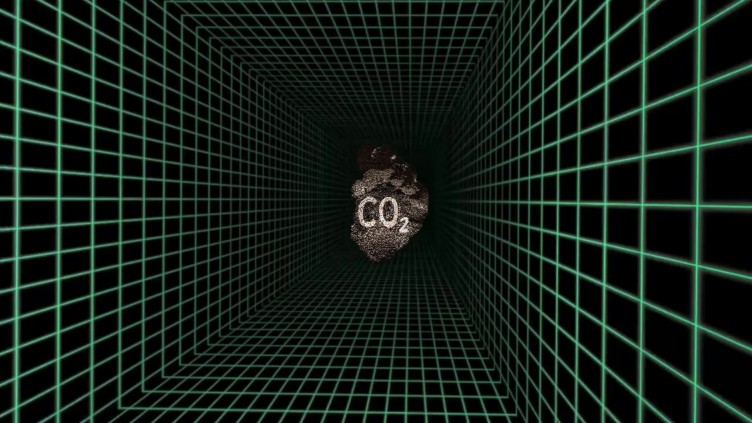The Critical Role of Digital Technologies in Carbon Pricing
As the Climate crisis looms right in front of us, challenges of tackling greenhouse gas emissions is bigger and bigger. As a response, Governments and companies around the world are looking at carbon markets as a means to incentivise initiatives to combat climate change. Carbon markets do not support mitigation and may not offer a complete solution for carbon offsetting but they do offer an avenue for mobilising finance towards climate projects. But for these markets to work effectively, accurate tracking and accounting of carbon reductions is essential. Fortunately, digital technologies are stepping up to the challenge, offering a path towards a low-carbon future.
Several countries around the world are now looking to participate in carbon markets as a means of addressing climate change. According to recent estimates, more than two-thirds of countries are planning to use carbon markets to meet their Nationally Determined Contributions (NDCs) to the Paris Agreement. To ensure that carbon reductions are accurately tracked and accounted for, some countries are developing digital infrastructures.
The monitoring, reporting, and verification (MRV) of reductions in greenhouse gas emissions is the cornerstone of carbon markets. MRV is a process of measuring the emission reductions of a specific mitigation activity and reporting the findings to an accredited third party to verify the reductions so that they can be certified and credits can be issued. With manual verification, one officer can verify 100-150 projects a year, but with digital MRV (DMRV), one officer can verify 10 projects a day.
The importance of MRV is to collect and evaluate the information or data available on the management of GHG emissions. Currently, these processes are time-consuming, cumbersome with manual information or excel sheets or in purpose surveys. Today, digital technologies streamline the data collection and bring in process and quality control in the MRV process. Companies can use MRV systems and processes to easily transition to decarbonization pathways.
DMRV can significantly reduce the cost of implementing NDCs by $250 billion by 2030, and it can help determine the correct pricing of carbon in carbon markets. This is important for companies to buy carbon at the right price, ensuring their reputation for environmental responsibility is protected. With the help of DMRV, carbon markets can mobilize resources with reduced costs to help companies transition to a low-carbon economy.
Digital MRV can also enhance the efficiency of carbon markets by promoting transparency, accountability, and trust between stakeholders. These systems provide assurance globally that the efforts are yielding results in the fight against climate change. The latest advances in digital technologies such as distributed ledger technologies, IoT sensors, and satellite imaging help capture accurate and reliable data.
Blockchain technology is well-positioned to scale voluntary carbon markets. Blockchain-based DMRV systems can provide real-time monitoring, reporting, and validation of data, optimizing workflows, and streamlining processes while bringing in credibility, accountability, and transparency into the process. They also open carbon trade through asset tokenization. Blockchain can create records that are more credible and resistant to fraud, going beyond just measurement, reporting, and verification. Through sustainable reporting, they can help the world inch towards the 1.5°C goal.
The role of digital MRV in carbon markets is critical to ensure the effectiveness and efficiency of these markets. It plays a vital role in determining the correct pricing of carbon, which in turn is important for companies to buy carbon at the right price for their reputation’s sake. Underpricing carbon offsets can be dangerous for the planet, as it can lead to a lack of investment in projects that are truly effective at reducing carbon emissions. This, in turn, can lead to a false sense of security among businesses and individuals who believe that they are offsetting their emissions when in fact they are not having a meaningful impact on the environment.
Pricing carbon offsets correctly requires a careful balance between ensuring that the price is high enough to incentivize investment in high-quality projects, while also ensuring that the price is not so high as to discourage businesses and individuals from investing in offsets at all.
DMRV systems promote transparency, accountability, and trust between stakeholders, providing assurance globally that efforts are yielding results in the fight against climate change. With the latest advances in digital technologies such as blockchain, DMRV solutions can help the world transition to a low-carbon economy and meet the goals of the Paris Agreement.







